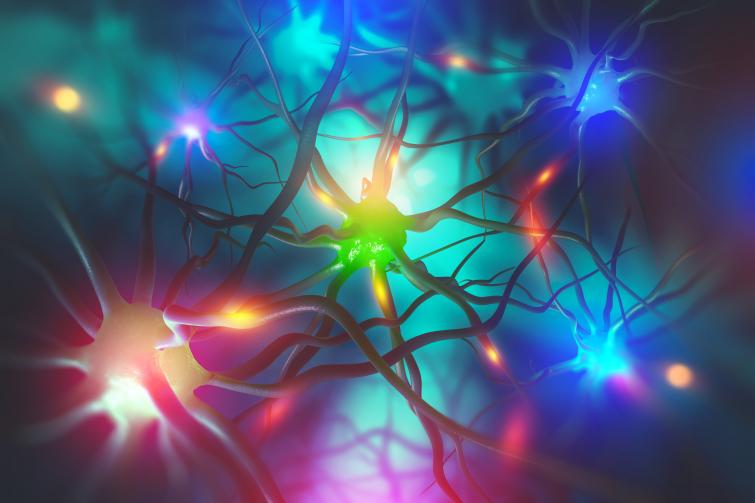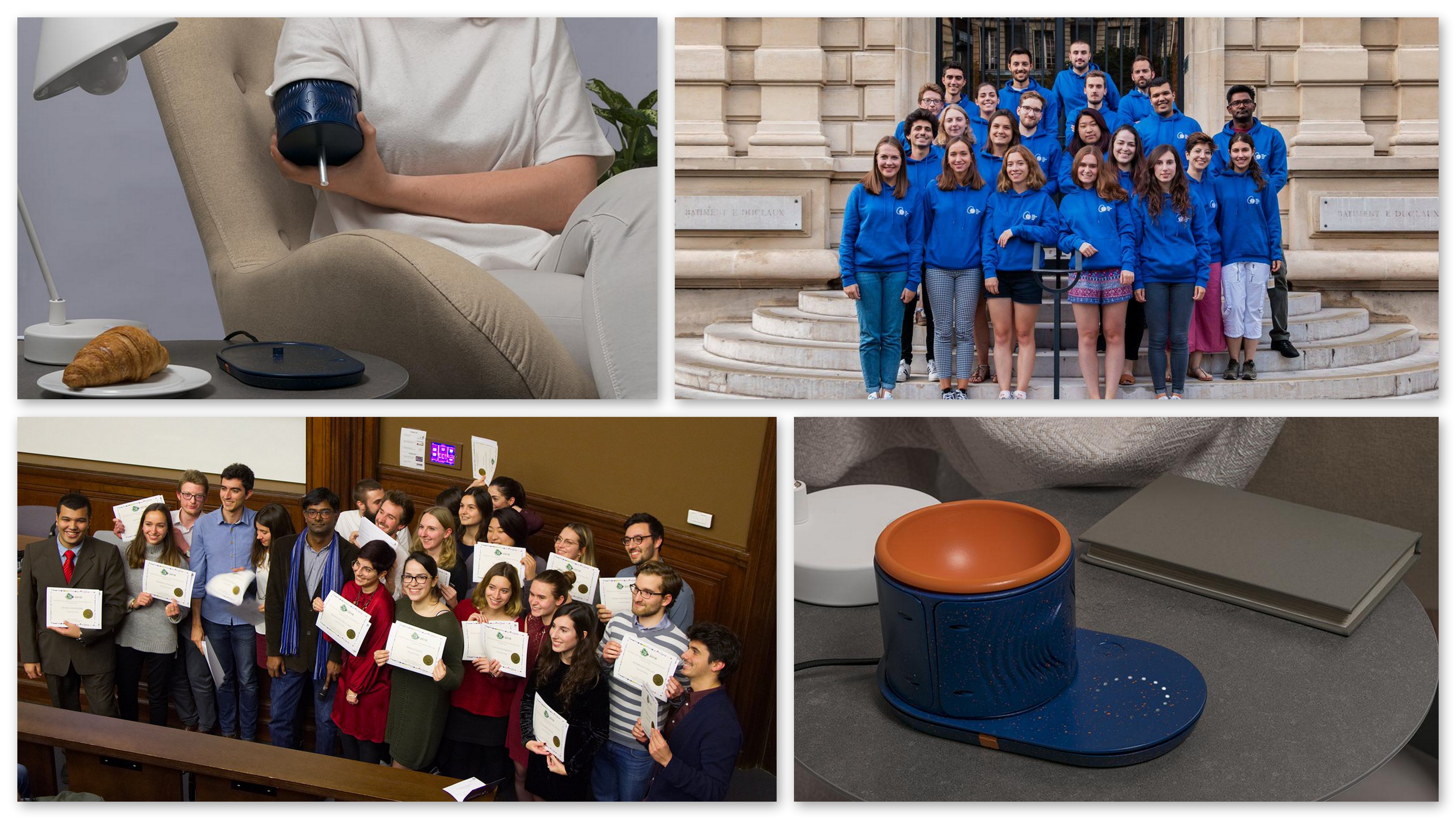
 education
education
A biological interface for prostheses: the futuristic project of the 2018 Pasteur iGEM team
On December 11, 2018, the Institut Pasteur awarded the 20 students of the 2018 Pasteur iGEM team. They came back with a gold medal from the competition that was held in Boston from October 24 to 28. Each year, the Massachusetts Institute of Technology (USA) organizes the international competition iGEM (Genetically Modified International Machine), which promotes research in synthetic biology. For the Pasteurian team, this was the fourth participation in the competition.
The iGEM community is underpinned by a philosophy of collaboration, respect, fair play and mutual scientific inspiration. This year, more than 300 teams and 6,000 participants gathered for the culminating event of the iGEM competition, known as the Giant Jamboree, to share and celebrate their achievements in the area of synthetic biology. Attending this year were the students from the 2018 Pasteur iGEM team and their coaches, who came to present their project NeuronArch, a universal biological interface for prostheses that enables the residual nerves of amputated limbs to connect to prostheses.
According to current statistics, every 30 seconds a limb is lost to diabetes, and more than 3 million people affected by a physical disability will require a prosthesis by 2050. These figures spurred the students in the 2018 Pasteur iGEM team to try to find a solution that would improve mobility and safety for amputees.
"People with prostheses need to contract adjacent muscles to perform even the simplest of movements," explains Deshmukh Gopaul, a scientist in the Design for Biology Center and leader of the Pasteur iGEM project. "The aim of our project was to improve the quality of life and independence of amputees by devising a smart prosthesis which could be "taught" everyday movements by patients."
